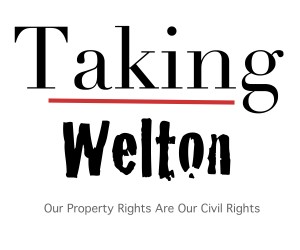“Blight” condemnation “could erase history” in Denver
“Under Colorado state law, the definition of blight is extremely broad. Homes and businesses can be labeled “blighted” because they are deemed an “economic or social liability”—an extremely vague criteria left wide open to subjective interpretation. A perfectly fine neighborhood can be declared blighted for trivial reasons: light rail is limiting street parking, “inadequate street layout,” or “unusual topography” (e.g. steep slopes and billboards).
According to the Institute for Justice’s 50 State Report Card, Colorado received a C for eminent domain reform. Signed into law in June 2006, HB 1411 amended the definition of “public use” to “not include the taking of private property for transfer to a private entity for the purpose of economic development or enhancement of tax revenue.” Unfortunately, the law still allows municipalities to seize “blighted” properties, as long as officials can prove with “clear and convincing evidence” that “the taking of the property is necessary for the eradication of blight.” Of course, as mentioned above, the state’s definition of blight is sufficiently vague to allow for considerable abuse.”
read the entire article
Sibilla, Nick. The Castle Coalition September 2012.
